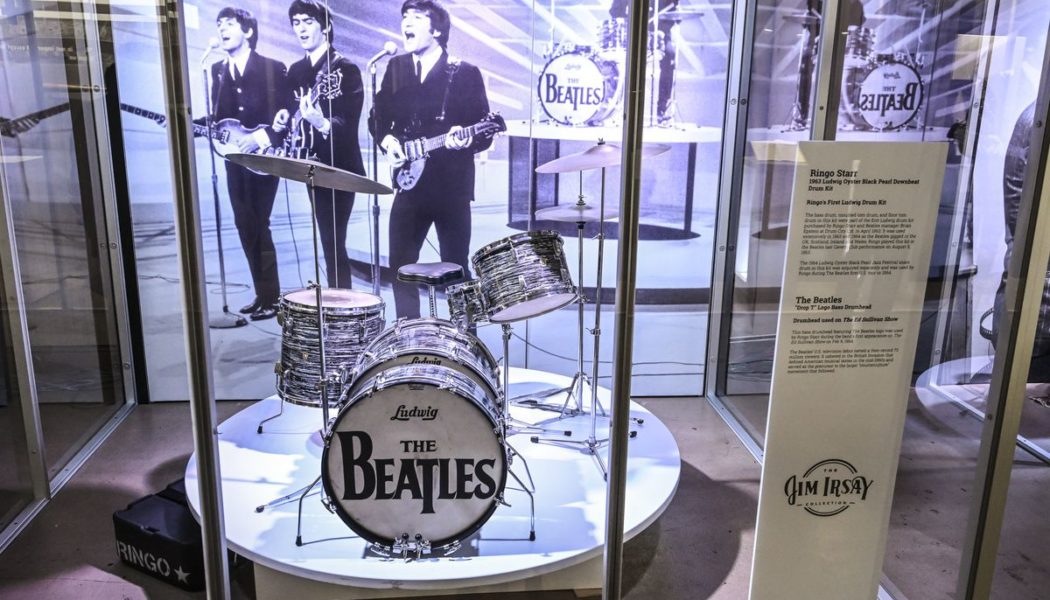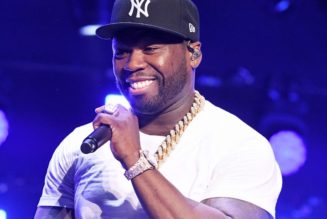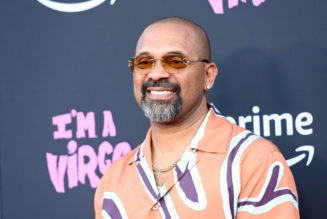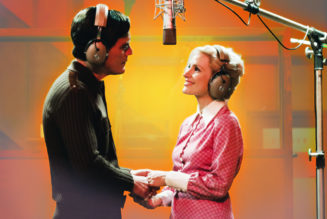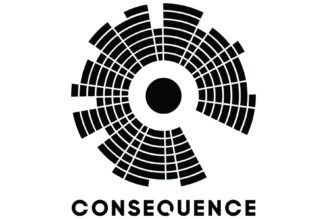Derek welcomes Chris Dalla Riva to discuss the subtle and not-so-subtle ways that music hits have changed since the 1960s
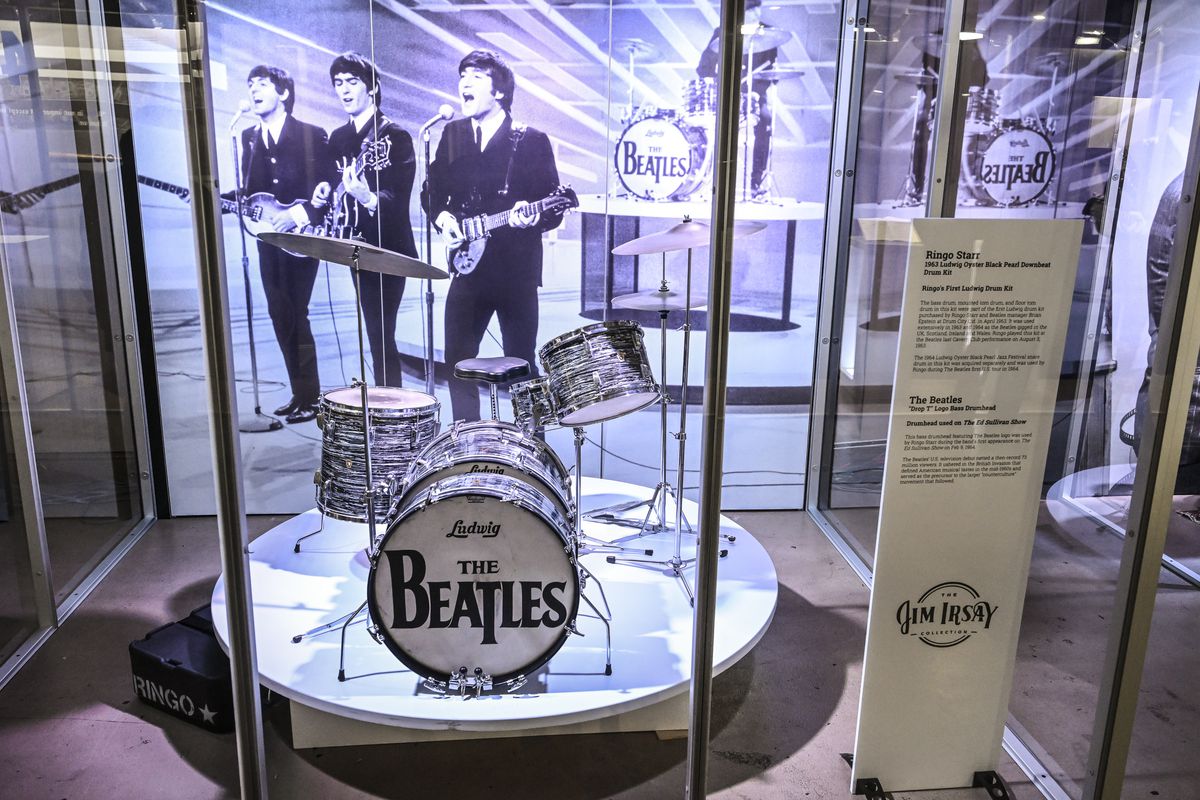
How does technology shape art? Why has songwriting become more of a visual skill in the 21st century? Why are today’s hit songs shorter than songs from any period since the Beatles? What happened to the guitar solo intro—and the classic rock genre in general? How did rap and hip-hop take over the charts? Derek welcomes the musician, writer, and data analyst Chris Dalla Riva to discuss the subtle and not-so-subtle ways that music hits have changed since the 1960s.
If you have questions, observations, or ideas for future episodes, email us at PlainEnglish@Spotify.com. You can find us on TikTok at www.tiktok.com/@plainenglish_
In the following excerpt, Chris Dalla Riva discusses how a methodological change in 1991 allowed the Billboard charts to more accurately reflect American music tastes.
Derek Thompson: So, in the last few years, you have been a fount of fascinating work on how pop music is changing and how the sound of hits is changing. And I want to pick up where I left off in the open and ask you about 1991. How would you describe the significance of 1991 and the sea change in the sound of music since then?
Chris Dalla Riva: Yeah. 1991 is interesting because at the end of the day, it was just an accounting change from Billboard. We went from surveying record stores to actually looking at point-of-sale data. And what we saw from that was, first, that America’s tastes were very different than we thought. Hip-hop and country, especially, were much more popular than had previously been known.
And secondly, our tastes were much stickier. What I mean by that is things started staying at the top of the Billboard Hot 100 for longer periods of time. For example, between 1960 and 1980, the longest there was a no. 1 was, first, for nine weeks. That was first established in 1960. “Hey, Jude” matched that in 1968. 1977, it went up to 10 weeks. Olivia Newton-John’s “Physical” matched that 10 weeks.
Over 20 years, you have the record move up a single week. Then in 1992, Boyz II Men gets it to 13 weeks with “End of the Road.” And then over the next three years, it goes 14 weeks and then 16 weeks. The 16-week record wasn’t broken, but it was matched by “Despacito.” And then it was broken by “Old Town Road” a couple of decades [after the record was set]. But we saw very quickly that our tastes were very sticky. We wanted to keep hearing the same thing over and over again.
Thompson: Yeah, it’s like the old Billboard guard had throttled the accurate reflection of American tastes. It wanted everyone to think that we liked maybe hair bands or rock music a little bit more than we actually did. It wanted us to think that we liked hip-hop and country a little bit less than we actually did. It wanted us to think that our tastes were changing week to week and month to month a little bit more than they actually are. And suddenly, I just think it’s so interesting, yes, that this Billboard methodological change really overturned what we think of as American taste in music.
One of the really interesting things that it did, one of maybe the most important things that it did, is it launched an era of hip-hop. How would you, in your own words, describe the significance of the rise of hip-hop in this way?
Dalla Riva: Hip-hop is sort of the—I don’t want to think about this teleologically, but it’s going to sort of sound like that. It’s the end of a long journey of American popular music shifting from an obsession with melody to an obsession with rhythm.
Paul Simon talks about this in an interview where the interviewer asks him, “Your current work is so much more concerned with rhythm than melody. Is it that you’re feeling that melody is no longer important?” And Simon says, “We’re long out of the age of melody, long out of there, and we probably won’t be going back into it.” And in a way, he is right, because hip-hop is obsessed with rhythm. And this is a trend that, again, like I said, started decades before, where first you have ragtime music that’s much more rhythmic, then you get to rock ’n’ roll.
There’s a great quote from the Chuck Berry song “Rock and Roll Music” where he says, “Just let me hear some of that rock and roll music. … It’s got a backbeat, you can’t lose it.” And that’s sort of a summary of what’s going to happen as the decades go on. James Brown with funk—very, very rhythmic music. Disco, again, very rhythmic. And then again, like I said, sort of the culmination of this is some of the most rhythmic music we’ve ever had, which is hip-hop and its various incarnations. And that’s not to say this is worse than more melodically focused music. It’s just to say it’s different.
This excerpt was edited for clarity. Listen to the rest of the episode here and follow the Plain English feed on Spotify.
Host: Derek Thompson
Guest: Chris Dalla Riva
Producer: Devon Manze
Subscribe: Spotify
